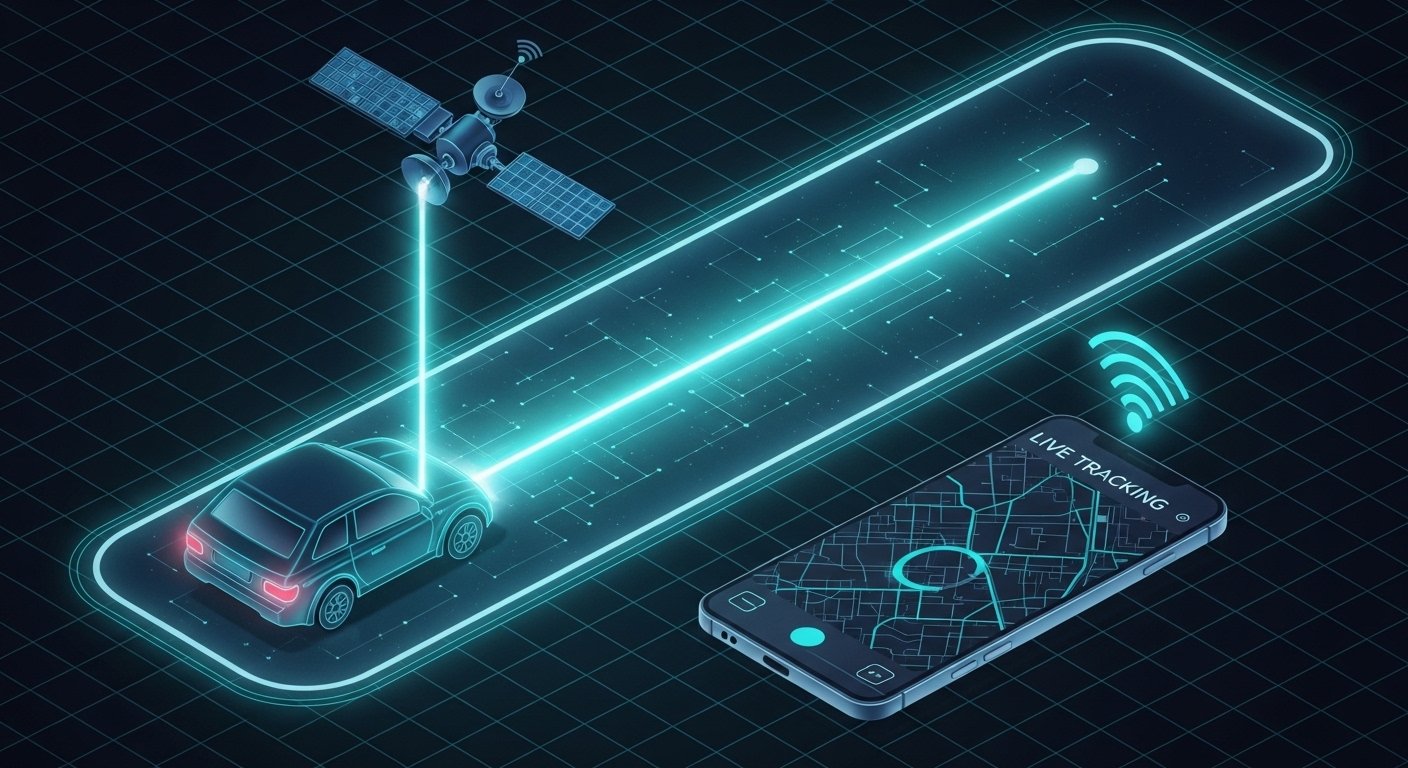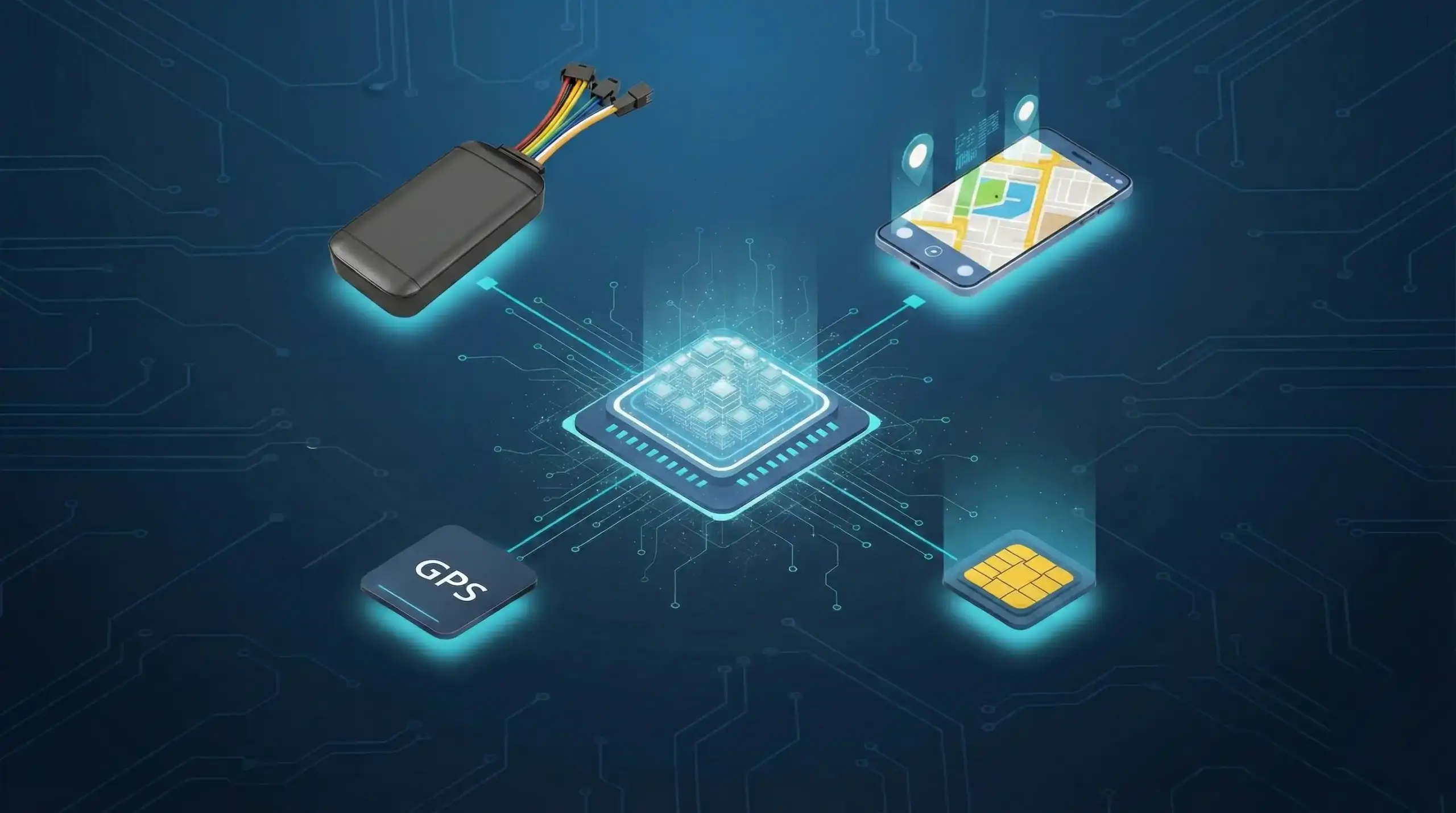The development of Global Placing System (GPS) technology is essentially changing procedures within car dealerships and Buy Here Pay Here (BHPH) stores. At its core, GPS monitoring involves a GPS tracker—a device that leverages the Global Placing System to identify and relay a vehicle’s precise place. This technology offers real-time monitoring, path optimization, and improved security, production it especially appropriate for the automobile industry.
Benefits for Car Dealerships
For car dealerships, GPS monitoring systems greatly improve fleet management. By installing a GPS tracker (such as Protrack) in each vehicle, dealerships can monitor stock in real-time, ensuring cars are accounted for and protected from burglary. This oversight not just aids stock control but also boosts customer support by providing accurate information on vehicle accessibility and place. Burglary avoidance is a crucial advantage; GPS-equipped vehicles can be quickly recuperated, often before they leave the dealership facilities, and the presence of trackers acts as a solid deterrent.
Additionally, GPS monitoring facilitates better test own monitoring. Dealerships can track routes, periods, and driving habits, ensuring prompt returns and adherence to limits. This safeguards possessions and offers understandings into client choices for customized sales approaches. Real-world instances, like a Texas dealership coverage a 20% decrease in burglary and 30% jump in stock management effectiveness within 6 months of application, highlight these benefits.
Advantages for BHPH Shops
Buy Here Pay Here (BHPH) stores significantly gain from GPS monitoring. A main benefit is improved loan repayment prices. By installing a GPS tracker in each funded vehicle, BHPH dealers can monitor possessions in real-time. This real-time capability often deters delinquent resettlements, as customers understand their vehicle’s place is constantly kept track of, encouraging prompt resettlements.
In situations of loan default, the GPS monitoring system is important for vehicle healing. The capability to quickly and accurately locate a car significantly decreases healing time and sources. This reduces functional losses and ensures the possession can be returned to the dealership or resold quickly, preserving capital and stock.
Moreover, GPS monitoring allows BHPH stores to monitor client driving habits. Evaluating driving patterns can help determine risky habits that might lead to vehicle damage, enabling positive treatment to protect possession problem. Understanding driving practices can also notify customized funding options and insurance costs to better suit client risk accounts. Essentially, GPS monitoring offers BHPH stores a diverse approach to loan management, vehicle healing, client habits monitoring, and possession security, adding to monetary security and functional effectiveness.
Types and Features of GPS Monitoring Devices
Choosing the right GPS monitoring devices for car dealerships and BHPH stores requires understanding the available kinds:
- Wired GPS Monitoring Devices: These are hardwired into a vehicle’s electric system, offering continuous power and real-time monitoring for long-lasting monitoring.
- Wireless GPS Trackers: Powered by interior batteries, these offer versatility and easy installation. They appropriate for short-term use or often removaled vehicles, with some advanced models enduring months on a solitary charge.
- Portable GPS Trackers: These small devices integrate wired and cordless benefits, easily removaled in between vehicles—ideal for fleet management or testing.
Essential features for enhancing vehicle management consist of real-time monitoring for immediate place updates, geofencing to produce online limits and trigger notifies, and tamper notifies for unapproved device elimination attempts. Battery life is crucial for cordless and mobile units to ensure continuous procedure.
Implementing GPS Monitoring in Your Dealership or BHPH Shop
Incorporating GPS monitoring is a tactical move, improving vehicle management, security, and functional effectiveness.
- Select a Dependable Provider: Choose a service provider like Protrack that offers extensive solutions customized to the automobile industry.
- Professional Installation: Ensure GPS trackers are installed by experts for ideal function and to minimize mistakes.
- Staff Educating: Workers must excel being used the monitoring system to maximize its benefits.
- Seamless Integration: Work closely with your provider to incorporate GPS information with current management systems (DMS) for real-time information flow.
- Adopt Finest Methods: Communicate changes plainly, monitor system efficiency, and optimize processes to take advantage of the system’s complete potential.
Legal and Ethical Considerations
Using GPS monitoring systems requires careful evaluation of lawful and ethical factors to consider:
- Customer Personal privacy: Release GPS trackers transparently, with the informed permission of the client, plainly interacting the intent and range of monitoring.
- Legal Conformity: Follow local and government laws regulating GPS monitoring, as regulations differ regarding permission and information protection.
- Transparent Interaction: Fully notify customers about information use, access, and retention plans to develop trust.
- Secure Information Handling: Protect delicate information from unapproved access and violations by implementing durable cybersecurity measures like file security.
Overcoming Common Challenges
Implementing GPS monitoring systems comes with challenges that can be effectively managed:
- Device Meddling: Combat this by buying tamper-proof devices, informing customers on lawful ramifications, and carrying out routine evaluations.
- Signal Disturbance: Reduce this by choosing GPS trackers that use several satellite indicates and leveraging mobile networks for improved precision.
- Large Information Quantities: Utilize advanced information management software with durable analytics and coverage features to efficiently arrange and translate information for informed choices.
Future Trends in GPS Monitoring Technology
The future of GPS monitoring will bring considerable changes to the automobile retail industry:
- AI Integration: Artificial knowledge can improve GPS trackers with anticipating analytics, optimized routes, and real-time decision-making understandings.
- Enhanced Information Analytics: Leveraging big information, GPS trackers will provide extensive records on vehicle use patterns, driving habits, and upkeep needs for more informed tactical planning.
- Regulatory Changes: New information personal privacy and security regulations will influence GPS monitoring technology, requiring financial investments in systems that focus on information protection.
The convergence of AI, advanced information analytics, and developing regulations will form the future of automobile retail. Dealerships and BHPH stores accepting these trends will be better positioned to offer superior solutions, improve functional effectiveness, and own greater client satisfaction and commitment.









